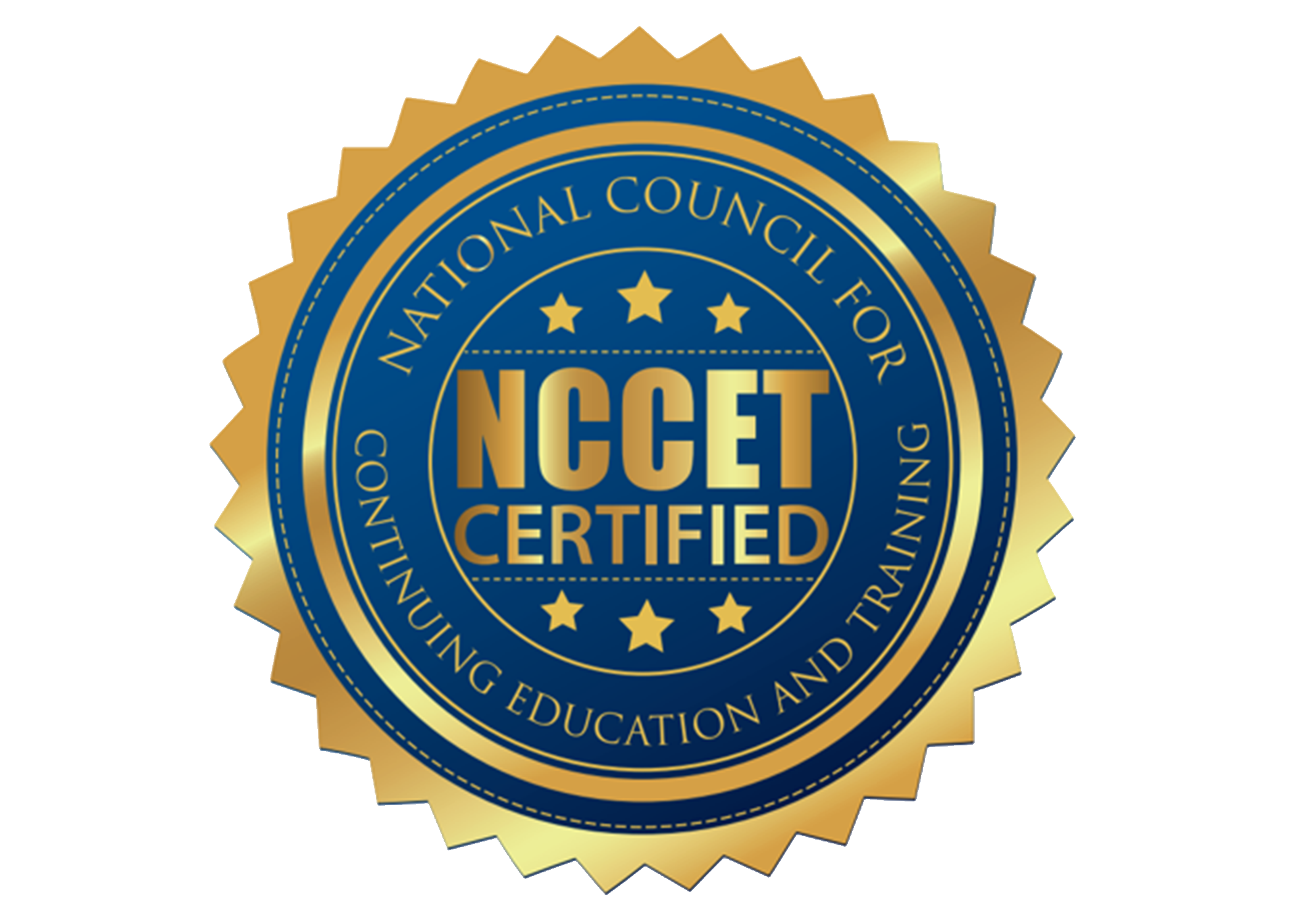I have been doing a lot of driving since the start of the year attending conferences, meeting potential clients, and giving invited presentations. One of the things I like to do while traveling is get caught up with colleagues and friends by phone. When I’m in my office, I don’t ever seem to have the time to do that. However, when I’m on the road, I set up calls and keep in touch.
One call was particularly noteworthy. I spoke with a dear friend and hiking partner who lives in California on my recent drive. We spoke about happiness and I promised that my next thought article would cover this topic.
It’s a relevant topic.
Last year, the NY Times1 reported data from the Centers for Disease Control and Prevention showing dramatic increases in emergency room visits over the past decade for self-harm, particularly by young women. They also reported significant increases in reported cases of depression in adolescents, and suicide rates and attempts in adolescents and young adults. These are staggering numbers.
The same report also noted that while smoking, alcohol, and TV watching rates among high school students are down significantly in the past 30 years, the number of high school students who get at least 8 hours of sleep has dropped while the use of personal devices, computers and gaming consoles has significantly increased over the same period.
Studies indicate that the community that young people share has changed significantly with the introduction of the internet, online gaming, and social media. They hang out with their friends, but their friends aren’t really ‘there’. Online connections are not helpful at dispelling loneliness and building a sense of connectedness.
Merriam Webster defines happiness as a state of well-being and contentment.
Psychology Today2 reports that research shows much of happiness is under personal control.
I know from personal experience that you can’t expect someone else to make you happy. It’s on you.
We all have different ways of finding our state of happiness.
I know it as having a sense of purpose. I find it in different ways, from the work I pursue to cooking for friends. My California friend finds it on a hike in the woods.
An article from Harvard Business Review3 on the History of Happiness reported that “the commitment to happiness in Western culture is relatively modern.” The reason for the change from a dour outlook that was apologetic about happiness was due to the Age of Enlightenment that encouraged embracing happiness.
The Pursuit of Happiness
These discussions were part of the colonists discussions at the time of the writing of the Declaration of Independence. Our forefathers wrote in the preamble to this document, “We hold these truths to be self-evident, that all men are created equal, that they are endowed by their Creator with certain unalienable Rights, that among these are Life, Liberty and the pursuit of Happiness.”
George Mason, about the same time that Jefferson was penning the Declaration of Independence, was writing the Virginia Declaration of Rights. In it, Mason wrote “That all men are by nature equally free and independent and have certain inherent rights, of which, when they enter into a state of society, they cannot, by any compact, deprive or divest their posterity; namely, the enjoyment of life and liberty, with the means of acquiring and possessing property, and pursuing and obtaining happiness and safety.”
The philosophy of the Age of Enlightenment not only encouraged seeking happiness, it also discouraged unhappiness. It led to the practice of encouraging survivors of disasters to keep up their spirits and avoid excessive grief.
These encouragements are still offered today.
“Do you want to be right, or do you want to be happy?”
As I write this, this phrase keeps coming to mind. This wisdom is attributed to psychologist and author, Dr. Gerald Jampolsky. As an engineer who often sees things as black or white with few shades of gray, I have learned the hard way that its best to keep quiet.
I’ve also learned that being able to forgive, yourself as well as others, is a necessary skill for the successful pursuit of happiness. If you hold onto your hurts, you will never be happy.
I’ve worked for the past year on what forgiveness means and how to better embrace it into my life. It has not been an easy journey, nor one that I have completed. Some hurts are very hard to let go of. But I work to remember that forgiveness is accepting that the action has happened and cannot be changed, not that it was okay, and combining that insight with seeing the person who wronged you in love and not fear.
As Oprah Winfrey observed, “forgiveness is giving up the hope, not holding on or wishing, that the past could be any other way than it actually was.”
Several studies have related longevity and a person’s happiness.
The Harvard Study of Adult Development is an 80 year-long study on adult men, and is now multi-generational, as reported by the Harvard Gazette4. Robert Waldinger, director of the study and a professor of psychiatry at Harvard Medical School, observed that “the people who were the most satisfied in their relationships at age 50 were the healthiest at age 80.”
Harvard Health5 reported from a separate study that people who had higher levels of optimism had a longer life span. They also had a greater chance of living past age 85.
As I spoke with my friend from California, we concluded that happiness is something internal to each of us. Happiness is something we carry with us, like a turtle carries its shell.
So, be a turtle. Carry your happiness with you.
1‘It’s Life or Death’: The Mental Health Crisis Among U.S. Teens – The New York Times (nytimes.com)
3The History of Happiness (hbr.org)
5If you are happy and you know it… you may live longer – Harvard Health


